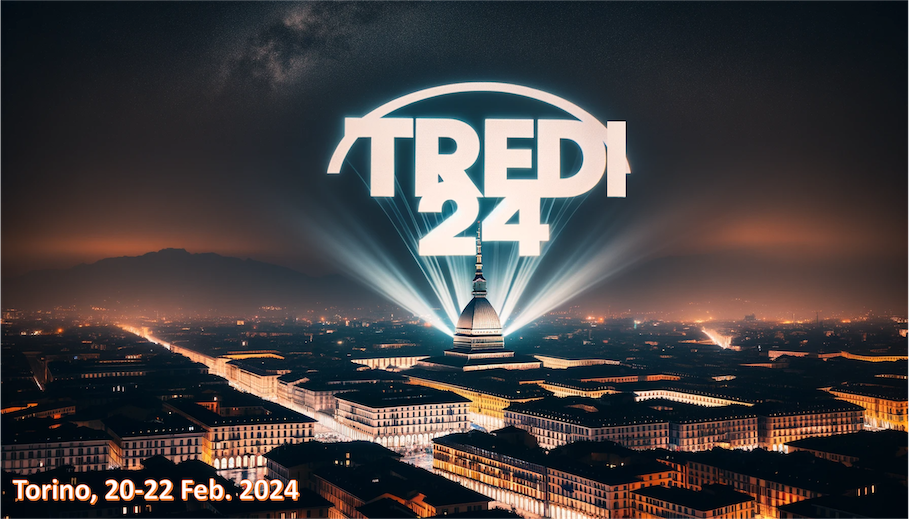Speaker
Description
Radiation damage significantly impacts the performance of silicon tracking detectors in Large Hadron Collider (LHC) experiments such as ATLAS and CMS, with signal reduction being the most critical effect. While adjusting sensor bias voltage and detection thresholds can help mitigate these effects, generating simulated data that accurately mirrors the performance evolution with the accumulation of luminosity, hence fluence, is crucial.
The ATLAS and CMS collaborations have developed and implemented algorithms to correct simulated Monte Carlo (MC) events for radiation damage effects, achieving impressive agreement between collision data and simulated events.
In preparation for the high-luminosity phase (HL-LHC), the demand for a faster ATLAS MC production algorithm becomes imperative due to escalating collision rates, events, tracks, and hits, imposing strict constraints on available computing resources. This talk outlines the philosophy behind the new algorithm, its implementation strategy, and the essential components involved. The presentation also includes results from closure tests and first evaluation of algorithm performance.

